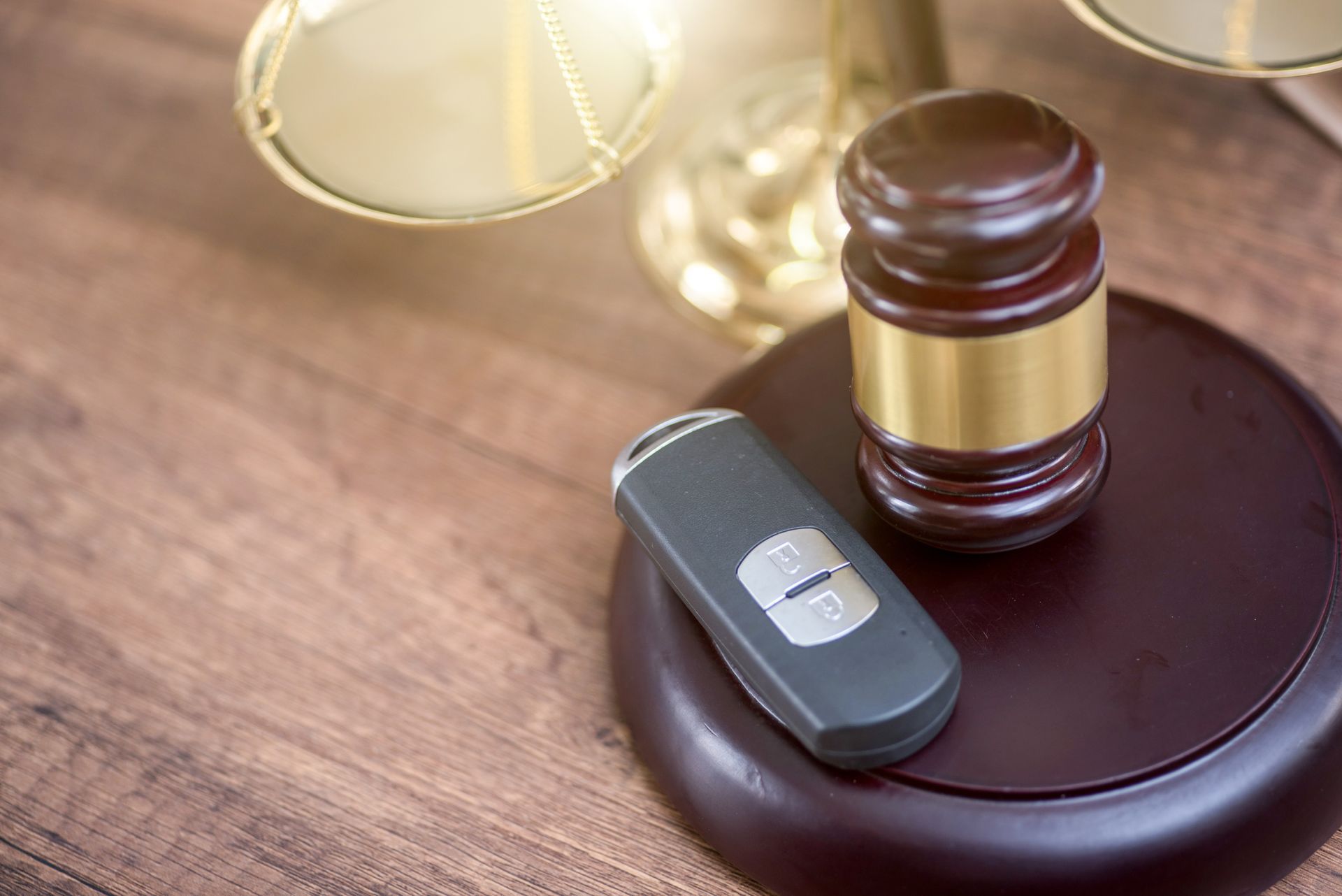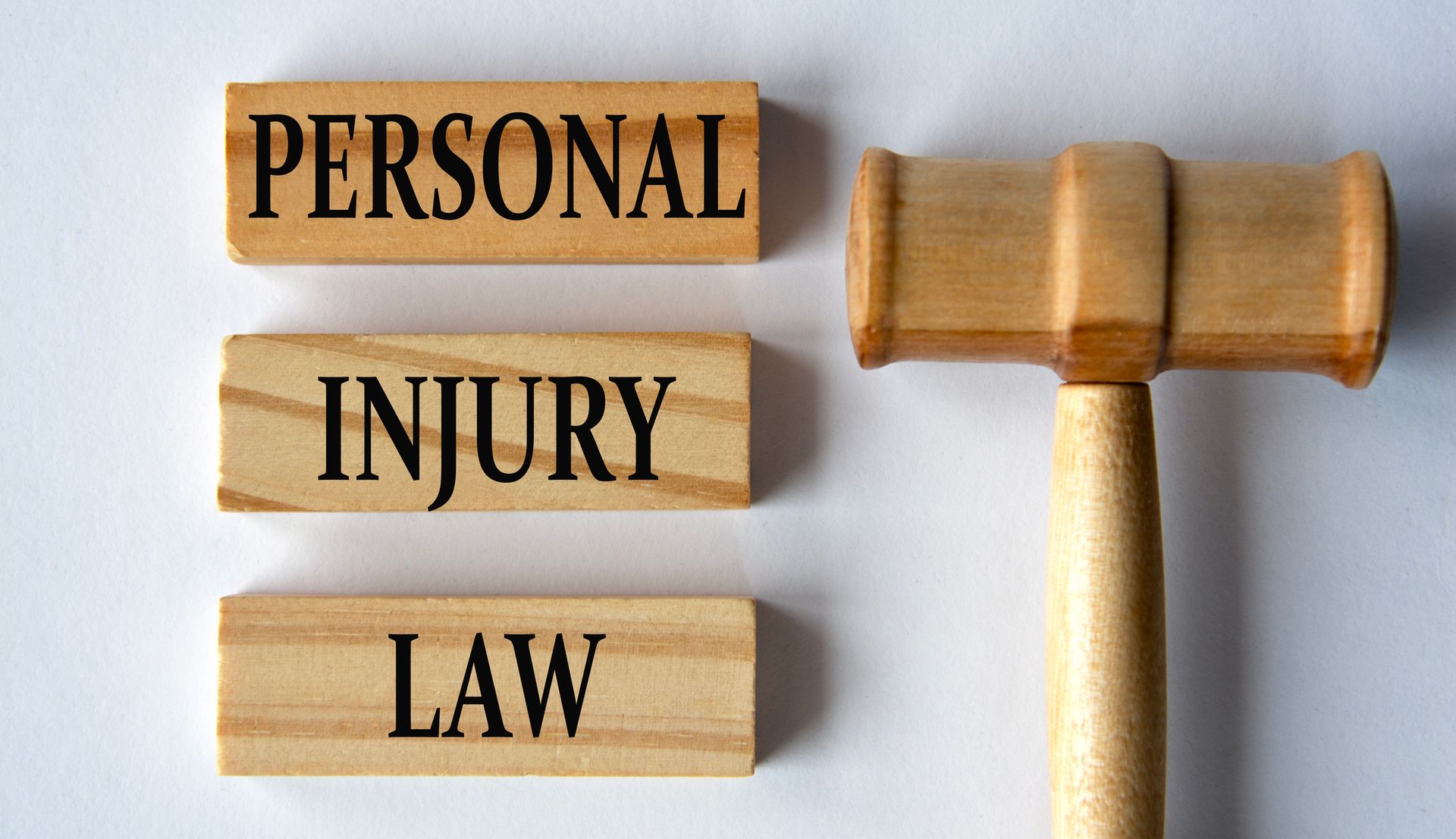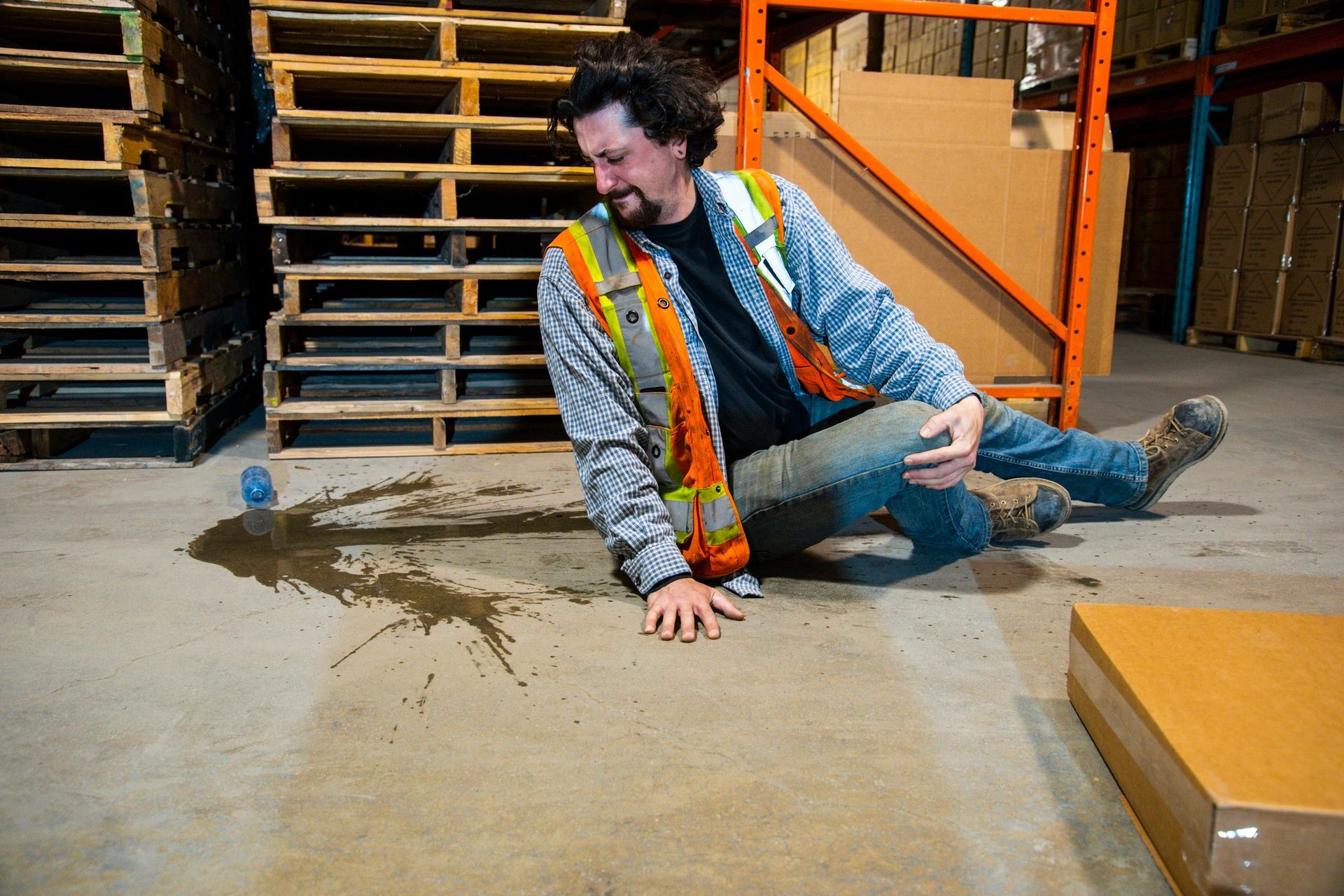MOVING 101
College dorm or new home: Moving can be risky
MOVING 101
With approximately 19 million students attending college, there are bound to be some injuries when moving in that first day. Common moving injuries typically occur in the neck, back and shoulders, so take time to prepare and proceed with caution while lifting and walking with heavy items. Experts at the American Academy of Orthopedic Surgeons (AAOS) offer the following roundup to help decrease chances of musculoskeletal injuries on move-in day:
Pack smarter, not harder
Between the summer heat and the potential for stairs in a walk-up dorm or apartment, it is helpful to pack items in smaller bags or boxes rather than lugging oversized, heavy boxes that are awkward to lift and carry. Look for lightweight, durable bags with handles and work to distribute the weight among all the items so these are easy to lift and carry.
A clear path to success
Tripping and falling can occur when there’s an obstacle course of boxes and bags on the floor. Make sure there is space to walk around safely by stacking items on furniture until it’s ready to be unpacked. Speaking of tripping, wear the right footwear. Sandals or shoes with heals are not as sturdy as sneakers or work boots, not to mention that open-toed shoes leave your toes vulnerable to injuries.
Conduct Dorm Room Safety Audits
Before a dorm becomes inhabited, always do a safety audit through the room. Make sure there’s nothing in the rooms that can cause serious injury. If you find any concerns, make sure you fix the issue and set strict policies to avoid injuries. Pretty much all students know to call 911 in the event of an emergency. But campus police and medical staff can also help address a situation. That’s why you should know the contact information for safety staff members all around campus. Students can opt into a service where they receive text message alerts for emergencies on campus.
PEDESTRIAN ACCIDENTS
Another accident risk at colleges is pedestrian—traffic accidents. Most students walk to get to classes, visit dining and recreational halls, and go back to their dormitories at the end of the day. While some college campuses are entirely enclosed, allowing students to walk wherever they need to get to without needing to encounter vehicular traffic, many campuses will have private or public vehicular roads running through part of the campus, while colleges that are located in cities are effectively a collection of buildings in an urban area rather than a college “campus” in the traditional sense. When college students must walk along public roads or cross-traffic intersections, they face the chance of being involved in an accident. Many pedestrian accidents are attributable to distracted drivers, with students (wrongly) assuming that an approaching driver is paying attention to the road and has noticed a pedestrian. Sometimes college students get into pedestrian accidents because they are distracted, such as by their phone, while listening to music on headphones, or while talking to a classmate.
SLIP AND FALL
Slips and falls are other common accidents that college students may face as they rush to class or to events around campus. A student may not notice a slippery floor surface or broken or uneven pavement that may cause them to slip or trip.
SAFETY TIPS
When using the electricity
- Do not run electrical cords under rugs. If you discover any in your room, get a technician or inform the appropriate authority to fix it.
- Remember to unplug extension cords when not in use.
- If you notice a hot outlet, unplug all appliances and inform the concerned authorities.
- Ensure electrical appliances are at safe distances from the bed.
- Test the dormitory room smoke detector monthly and change the battery when needed.
Walking around
- Observe the school or your area layout. You can do this during your free time. Also, take note if the buildings are well-lit at night.
- Only walk the paths well-lit to your destination whenever it is dark.
- Avoid going out alone at night.
- Secure your keys and keep them separate from your backpack.
- If you notice you are being followed, change direction and walk towards the nearest business or safer place.
CONTACT YOUR ATTORNEY
If you or someone you know has been involved in an accident while moving onto campus or while walking around campus, contact Dave Thomas at The Thomas Law Firm for a free evaluation of your legal rights.








